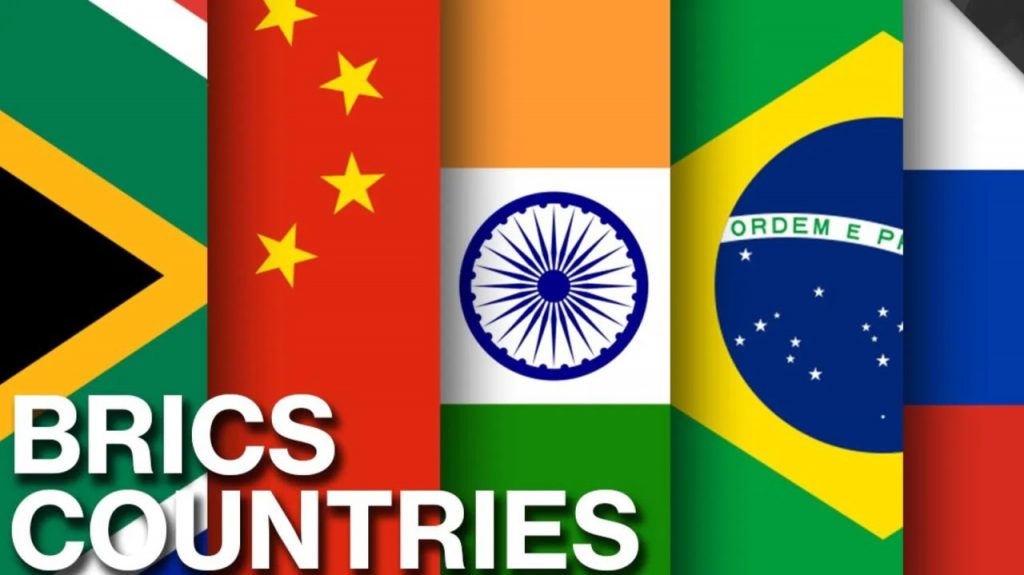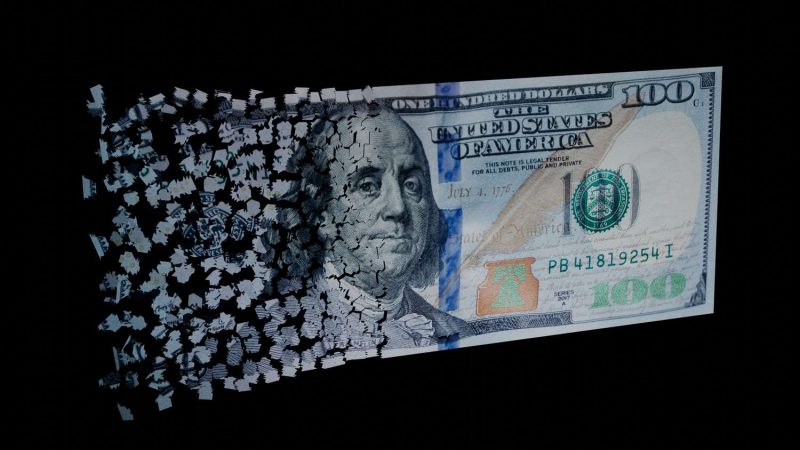The US dollar has reigned as the world’s reserve currency for quite some time now. In order to bring the dollar out of this dominant position, several nations have been opting for the de-dollarization initiative. In recent years, there has been a growing push for de-dollarization. Countries seek to reduce their excessive dependence on the US dollar and boost their economic independence by diversifying their currency reserves and engaging in commerce in other currencies.
Also Read: BRICS Determined to Trade In Local Currencies, Not US Dollar
Countries Moving Away From the US Dollar


There are a number of countries trying to draft a financial path of their own and move away from the US dollar. This includes BRICS nations, countries part of ASEAN as well as a few others. Starting with BRICS, the association consists of five countries including China, Russia, India, Brazil, and South Africa. Countries like China, Brazil, and Argentina have been resorting to the Chinese yuan for trade.
ASEAN consists of countries like Singapore, Malaysia, Hong Kong, Cambodia, Laos, Vietnam, Japan, Brunie, Thailand, and the Philippines. In member nations, ASEAN’s QR code system, which was introduced in September 2023, reduces payment expenses by 30%. These adjustments aid in defending against possible sanctions, such as those that impact Russian assets, and financial weaknesses, and uphold de-dollarization.


In addition, countries like Saudi Arabia, Turkey, Venezuela, Iran, Ghana, and Bolivia have also joined hands in the de-dollarization initiative. These nations have been finding ways to decrease their dependence on the US dollar.
Also Read: Cryptocurrency: 3 Coins To Buy Before Bitcoin Reclaims $99K Mark
Examing The Hurdles
One of the key difficulties is the likelihood of the new currency to lose value or legitimacy. If the new currency is not seen as being as stable as the dollar, financial transactions might be hindered and economic instability could ensue. As a result, it is essential to cultivate confidence and trust in the new currency prior to transferring. Joyce Chang, the Chair of Global Research, at J.P. Morgan said,
“The dollar’s role in global finance and its economic and financial stability implications are supported by deep and liquid capital markets, rule of law and predictable legal systems, commitment to a free-floating regime, and smooth functioning of the financial system for USD liquidity and institutional transparency.”
Also Read: De-Dollarization: 2 Countries Officially Abandon the US Dollar





